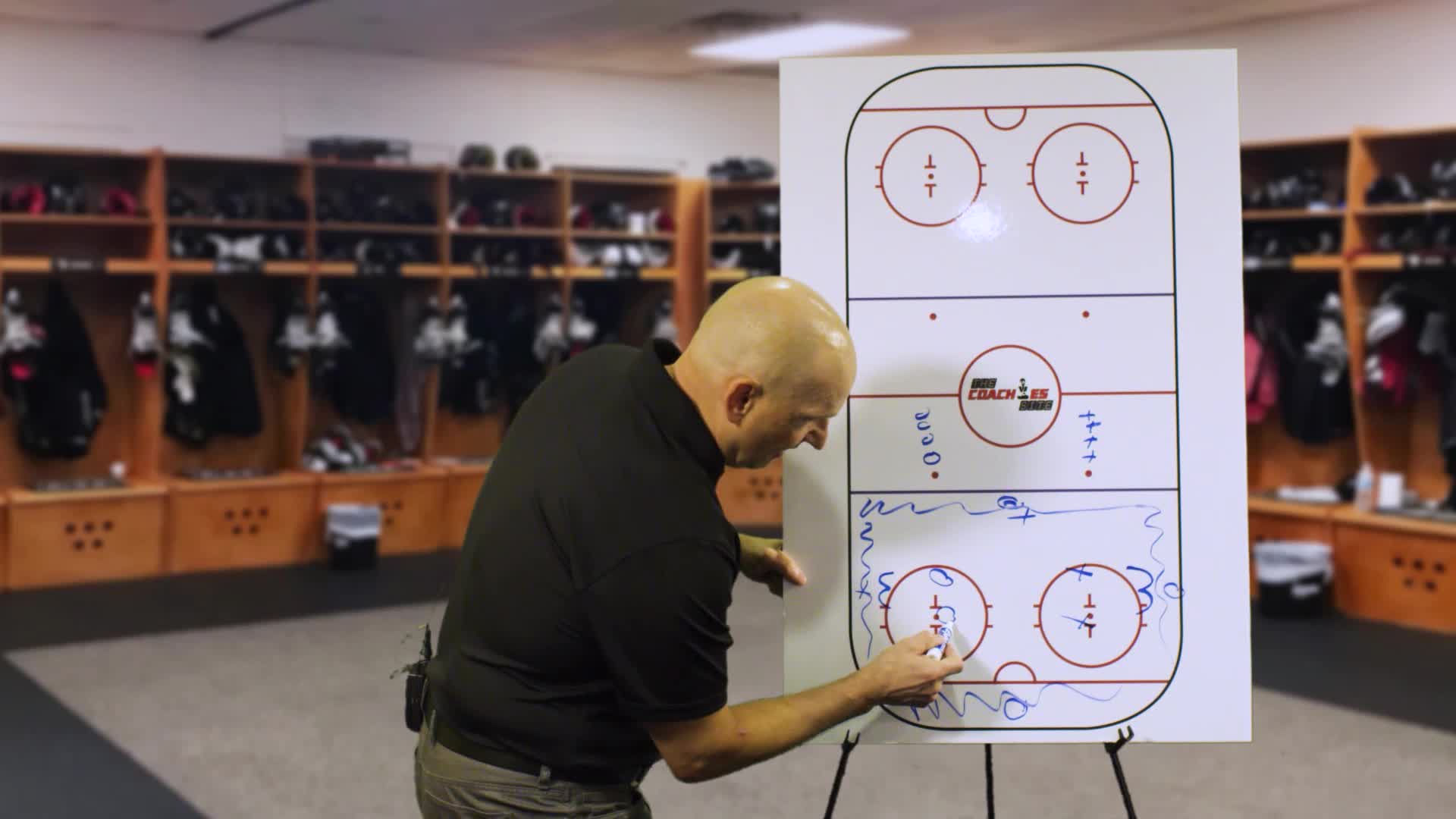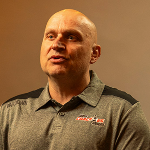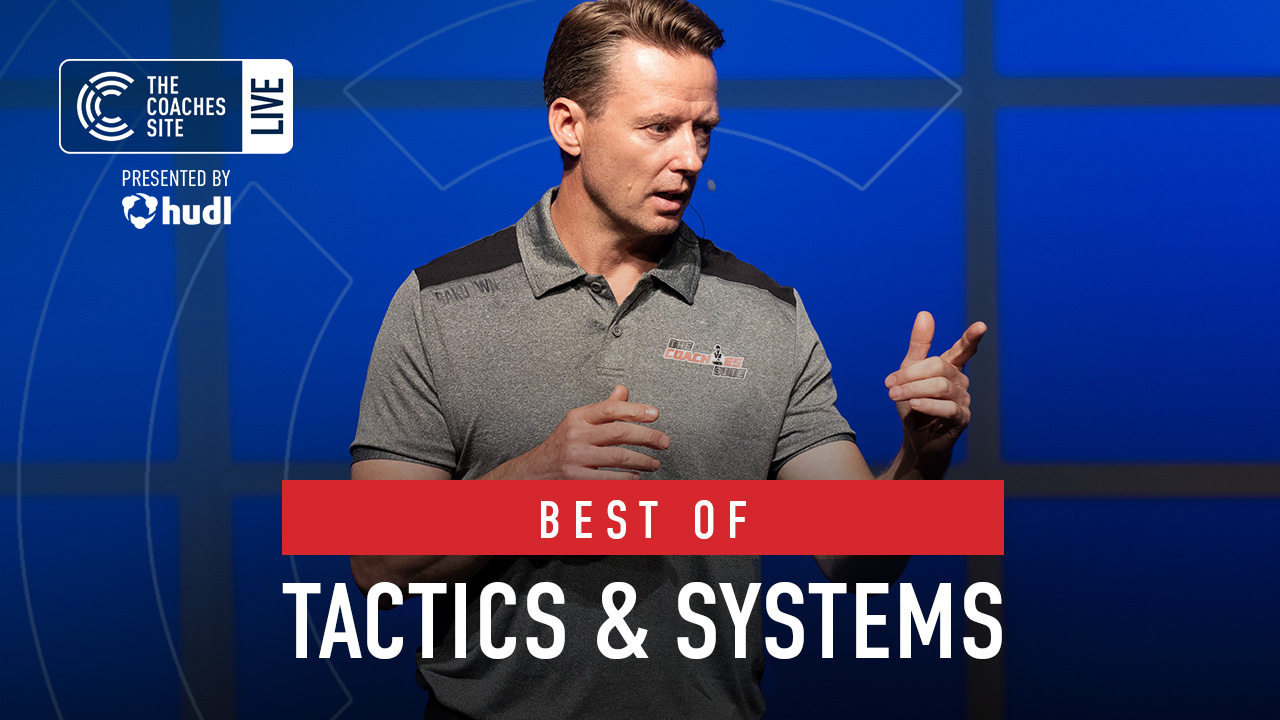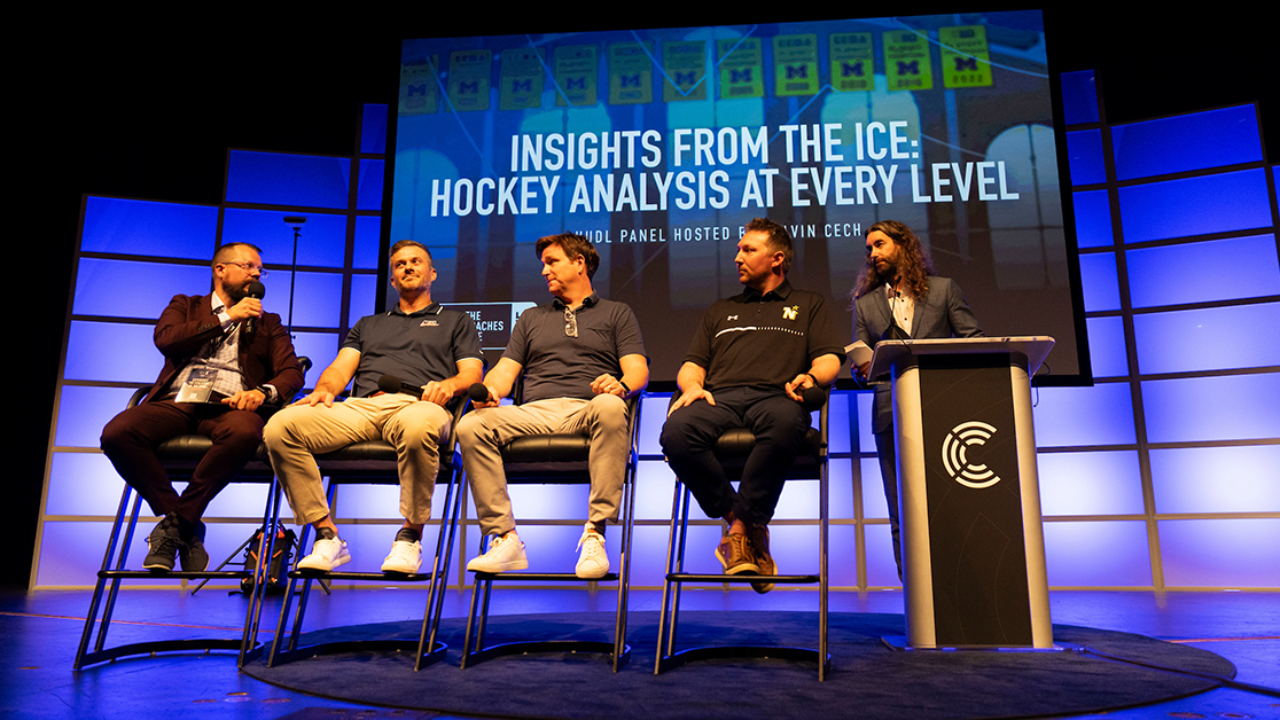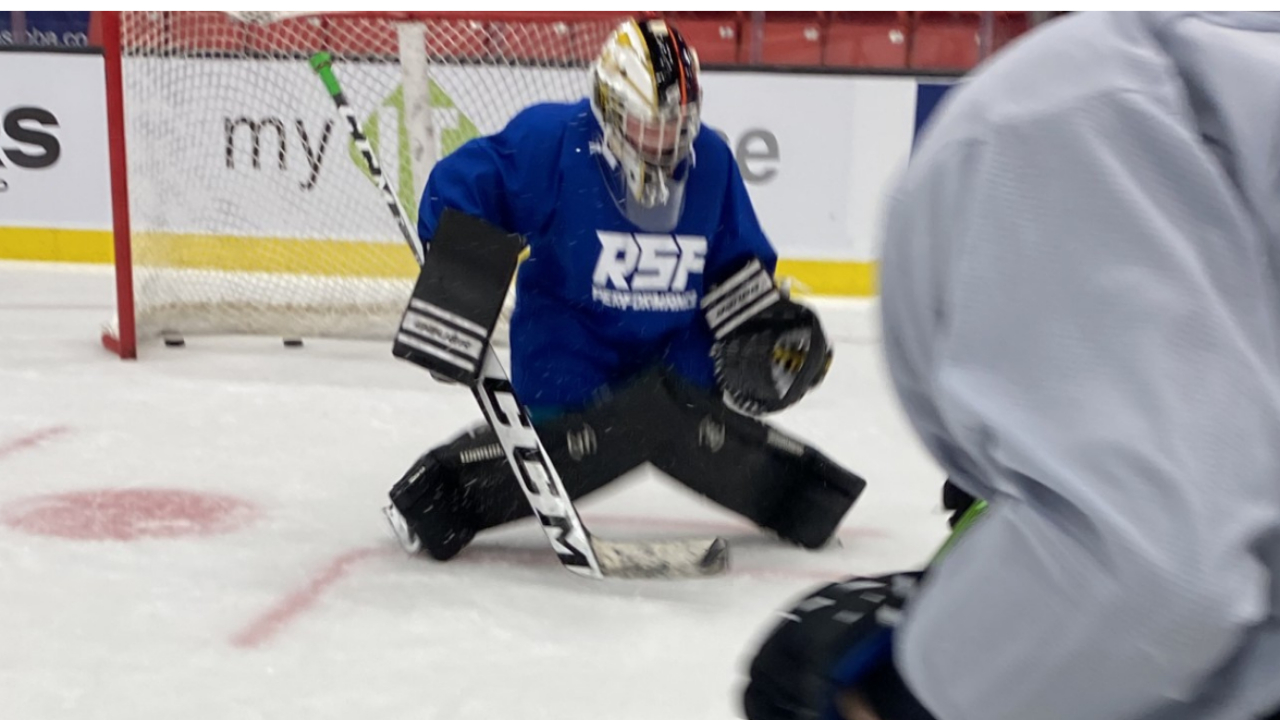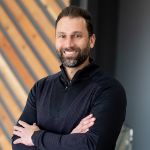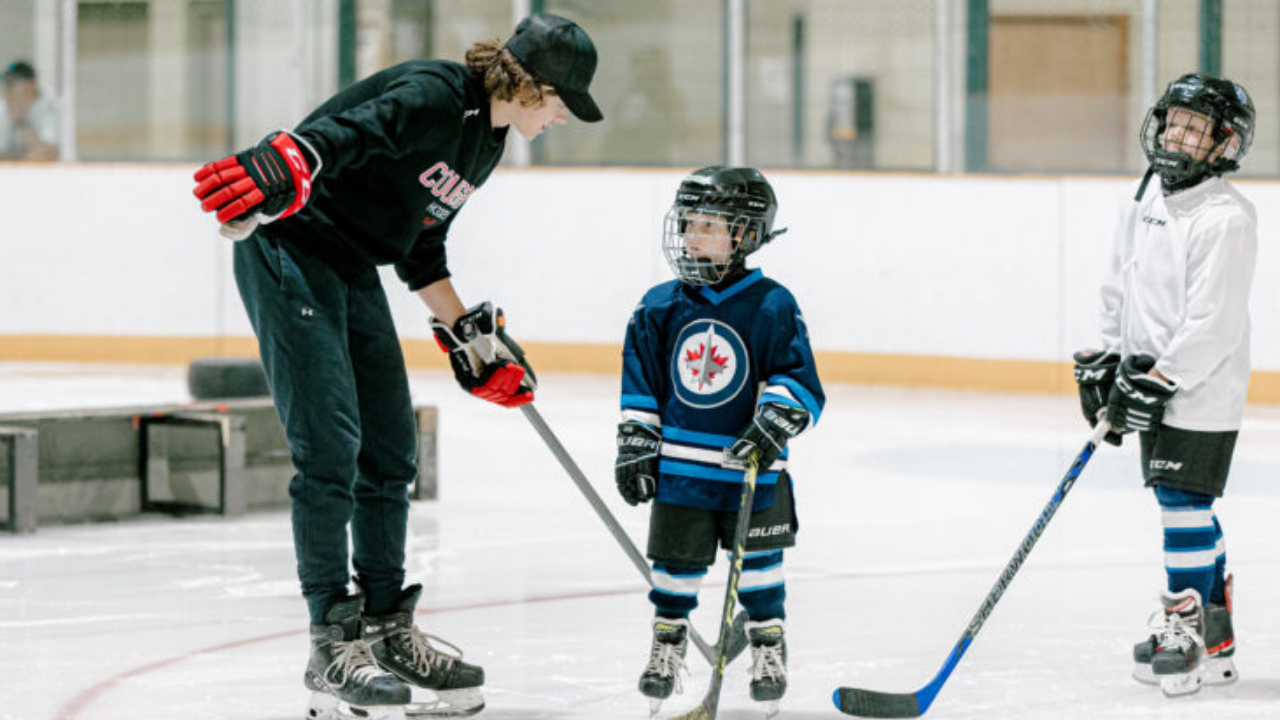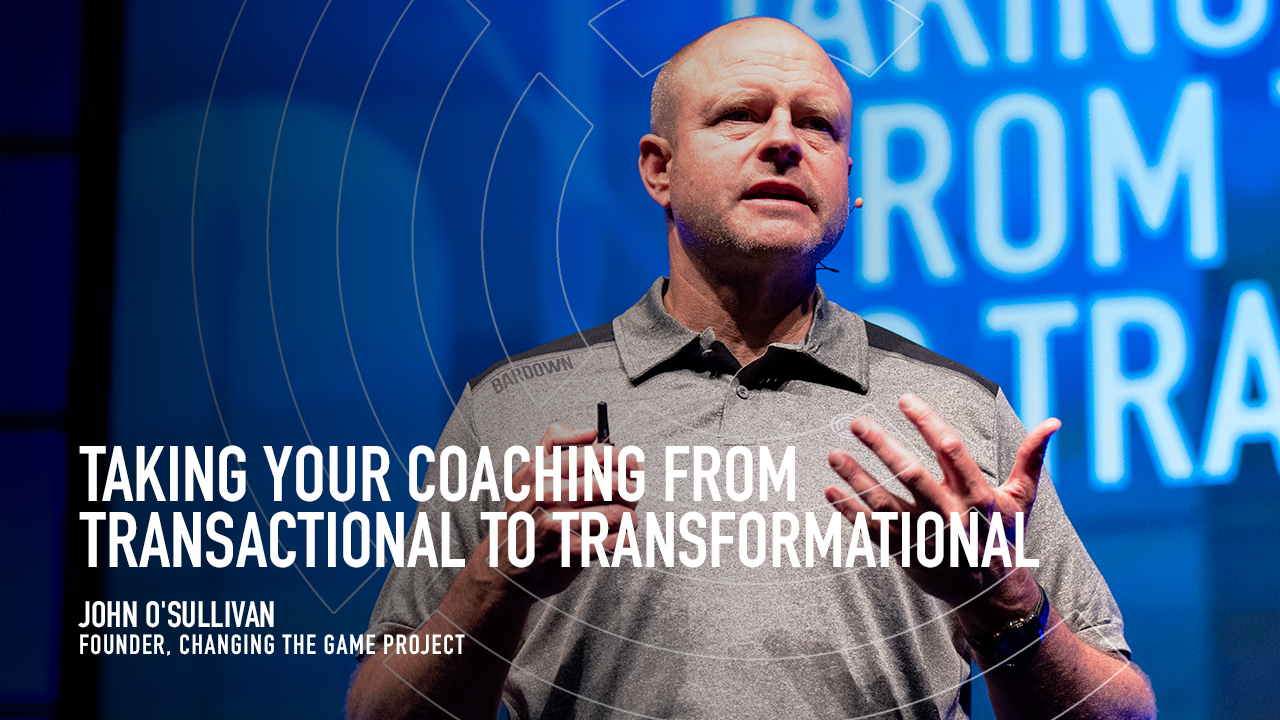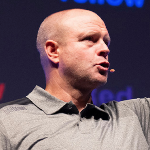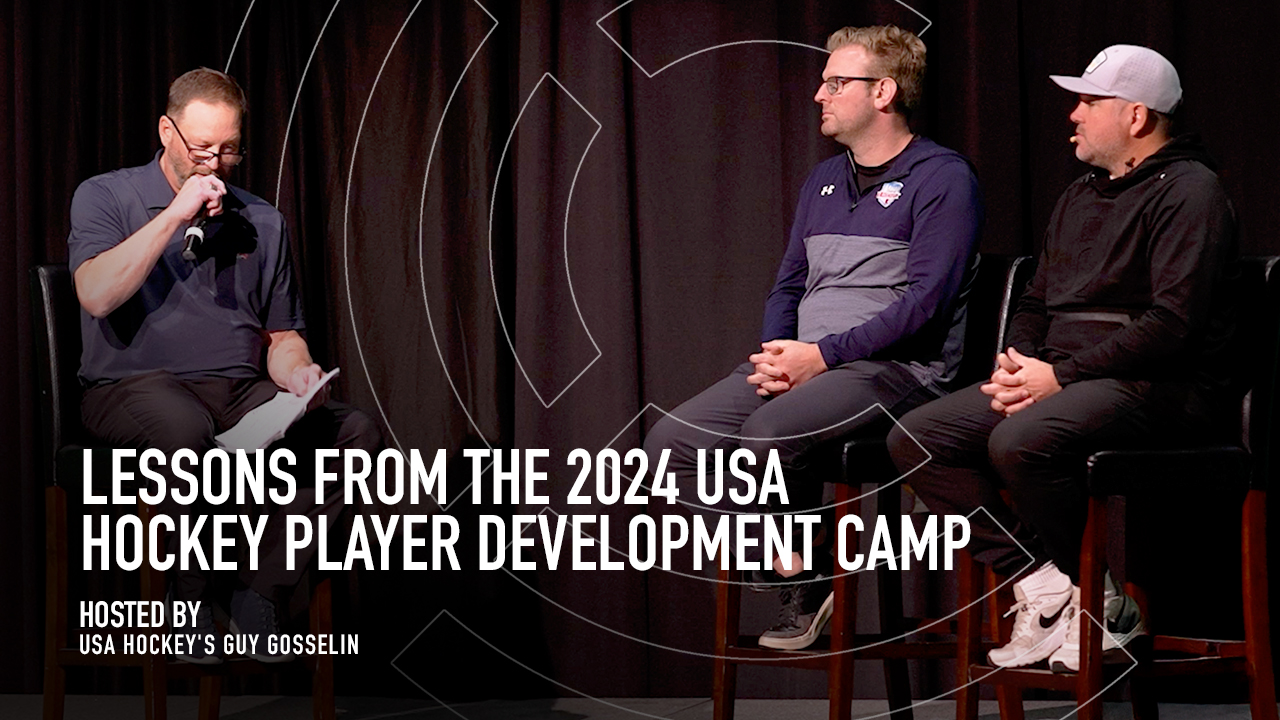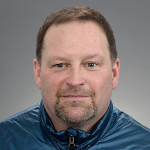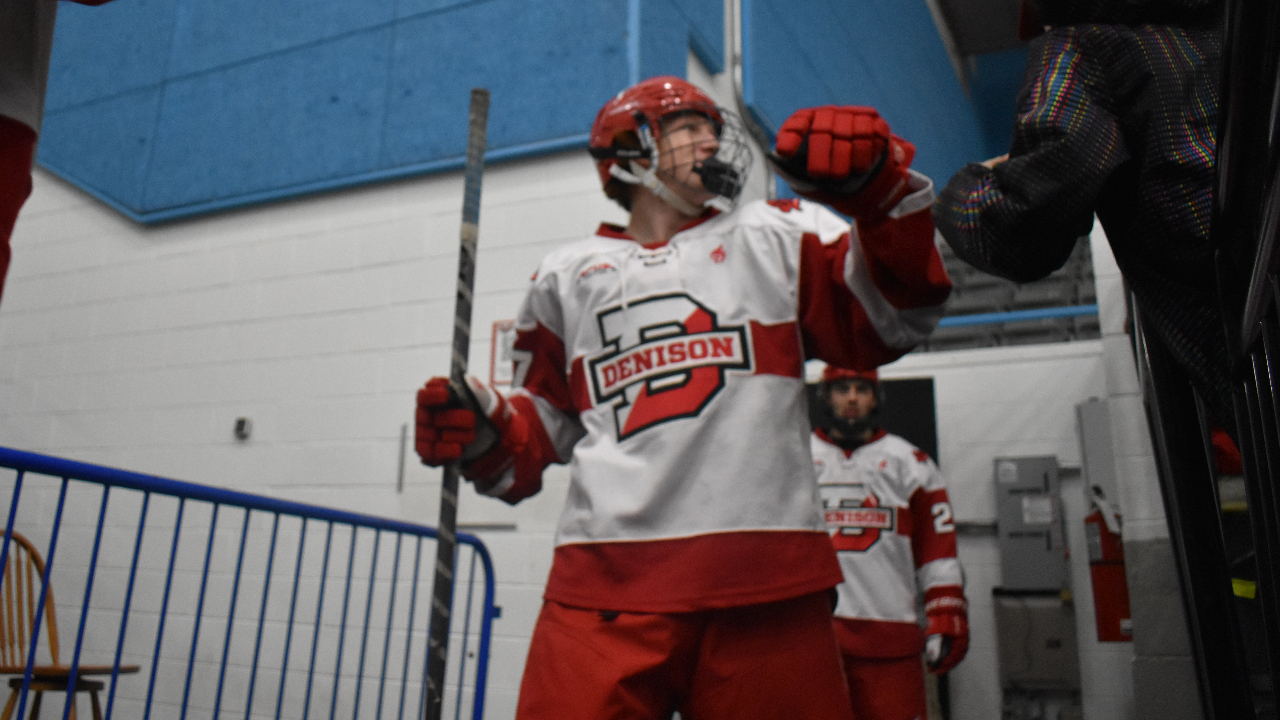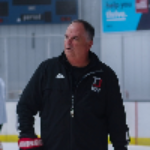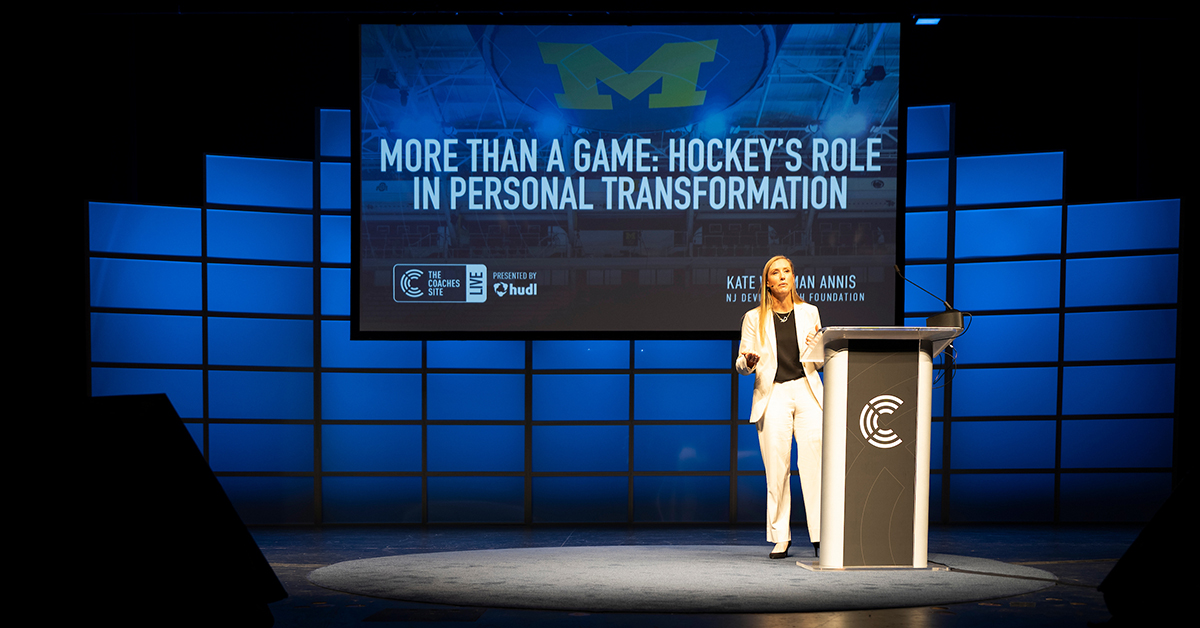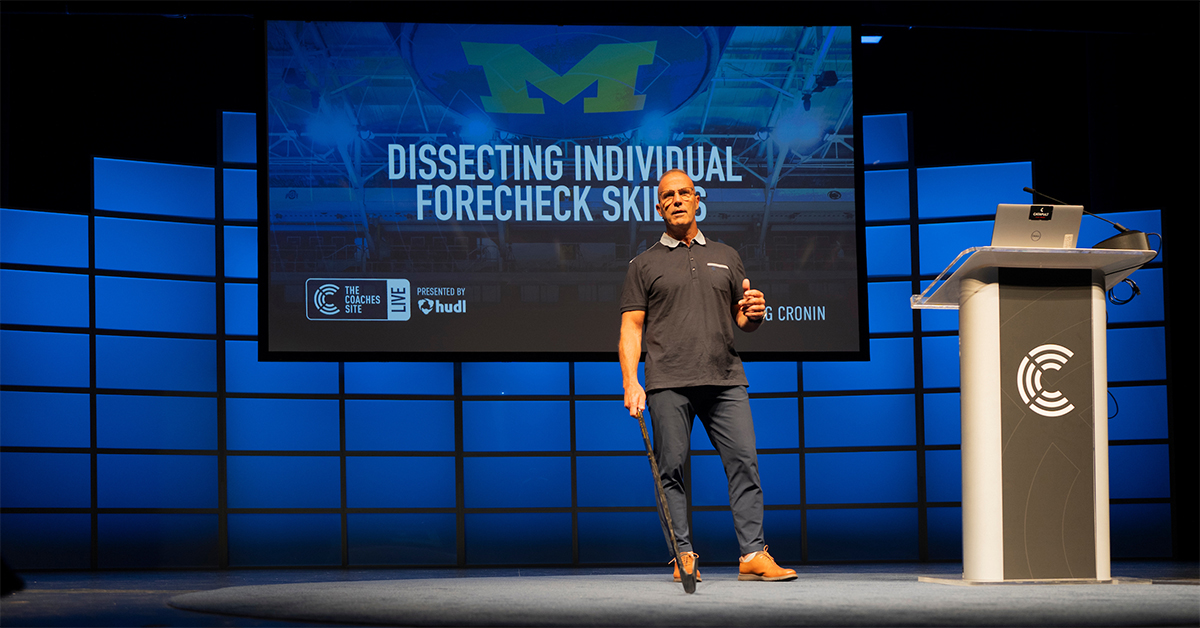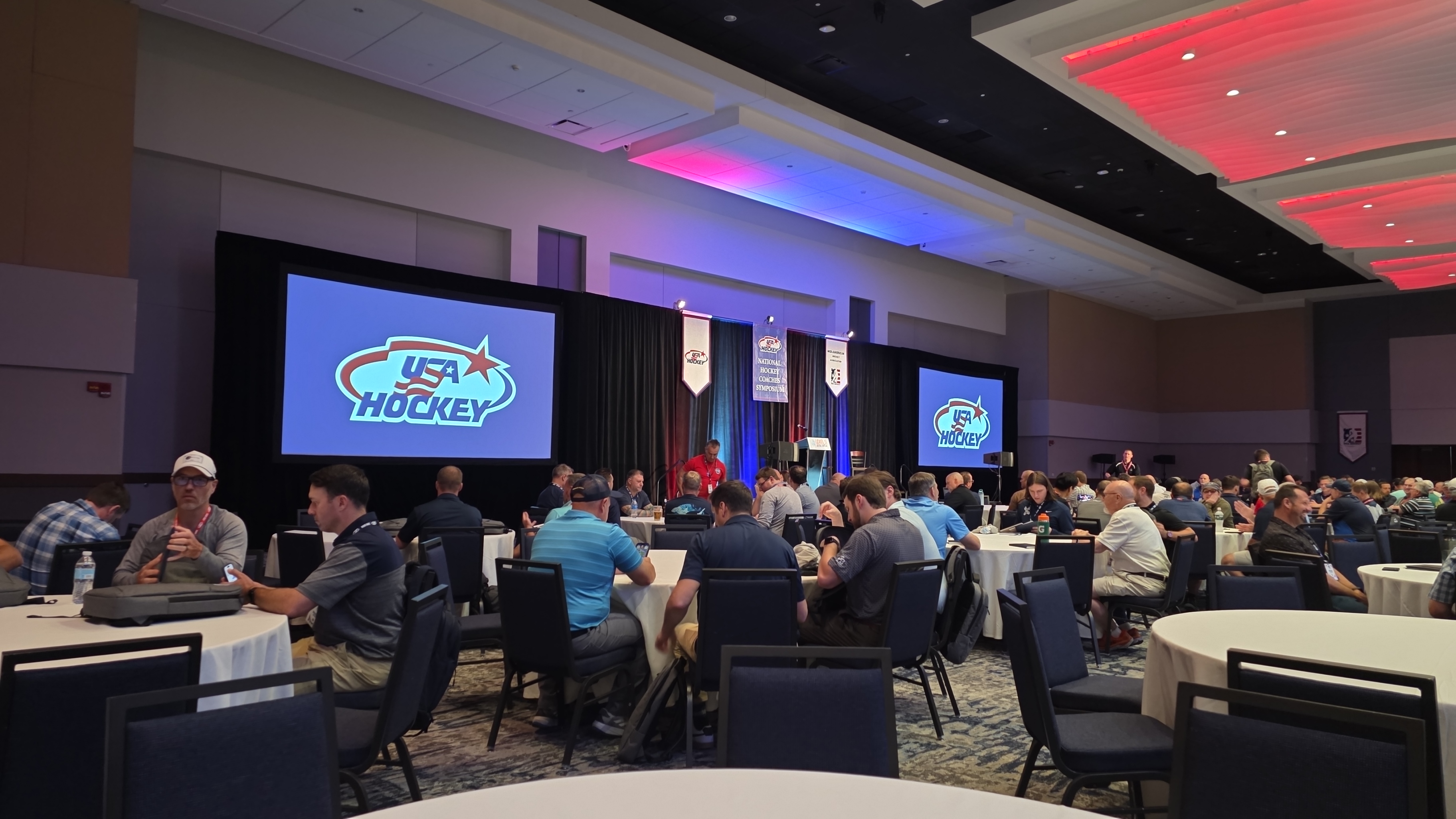
This past August 14-17, hockey minds from across North America converged in Columbus, Ohio, for the 2025 USA Hockey Long Drink Level 5 Coaching Symposium. This premier event welcomed over 500 coaches, dedicated to refining their skills and knowledge to better develop youth hockey players. As USA Hockey's Executive Director Pat Kelleher emphasized, the quality of grassroots coaching directly influences national and international success.
On a personal level as as a player and coach that started with hockey later in life, it was an amazing opportunity to absorve tons of information that can help both associations I coach for have more success keeping players in the game and developing them.
The symposium served as a vital platform for coaches to reflect on past experiences and enhance their abilities as they advance their careers, reinforcing the idea that coaches are a cornerstone for creating positive and fun environments for young players.
A Deep Dive into Modern Hockey Coaching Philosophy
The event featured insights from some of hockey’s top professional and amateur coaches, including NHL General Managers and Head Coaches. Here are some of the standout themes and discussions:
1. The Evolving Player and Coaching Approach
- Relationship-Driven Leadership: Multiple speakers, including Mike Sullivan (Head Coach, New York Rangers) and Derek Lalonde (Assistant Coach, Toronto Maple Leafs), underscored the importance of building authentic relationships with players. Sullivan noted that modern athletes respond best to collaborative approaches and that informal off-season meetings foster trust. Lalonde echoed this, stressing the need to deeply care for individuals and communicate consistently, focusing on daily check-ins with players.
- Balancing Pressure and Empathy: John Tortorella highlighted the need to balance demanding accountability with genuine care for players. He prefers group settings for feedback to foster peer pressure and team concept, rather than one-on-one formal meetings.
- Empowering Players: Coaches were encouraged to empower athletes by listening and involving them in decision-making, while still maintaining clear standards. Don Granato emphasized that coaches are in the "influence business," guiding behavior and team culture through tone-setting and connection, not just authority.
2. Game Development and Practice Design
- Analytics as a Tool, Not a Driver: Don Waddell (General Manager, Columbus Blue Jackets) advocated using analytics as a tool to inform decisions, but stressed that live scouting and the "eye test" remain paramount. He noted that too much data can even be detrimental to the game. Derek Lalonde agreed, calling analytics a "vital tool for trends" but acknowledging hockey's fluidity limits precise, baseball-style application. Jeff Blashill (Head Coach, Chicago Blackhawks) advised coaches to ensure analytics are meaningful and validated, balancing offensive metrics with defensive contributions.
- Creating and Taking Away Time and Space: Dan Muse (Head Coach, Pittsburgh Penguins) and Mike Sullivan focused on this critical skill, emphasizing player awareness prior to entering confined areas. They highlighted the importance of reading situations and anticipating plays, whether on or away from the puck.
- "Winning Habits" Beyond Skill: Derek Lalonde presented numerous "non-skilled, winning habits," such as working "above and in the shorts" (tight pressure), winning 50/50 battles, face-off intensity, and effective box-outs, using examples from the 2024 Stanley Cup Final. He stressed that when elite players adopt these unglamorous, team-first habits, teams achieve special outcomes.
- Small-Area Games and Contextual Practice: Many speakers, including Joe Bonnett (USA Hockey Player Development Manager), advocated for small-area games to amplify information and provide instant feedback, emphasizing the need to avoid separating perception from action. Mike Sullivan called this "task simplification" – reducing complexity while retaining the game's holistic context.
- Goaltending Integration: Phil Osaer (former Head of Goalie Scouting and Development, Detroit Red Wings) highlighted the goal of having 51% of NHL minutes played by American goalies by 2030, encouraging initiatives like "try goalie" and smaller nets. He and Ty Hennes (Assistant Coach, New York Rangers) emphasized integrating goalies into all drills, moving away from static, repetitive shooting.
3. Player Well-being and Development Models
- Mental Health for Youth Athletes: Kristen Sager and Dr. Larry Lauer led a breakout session focusing on creating psychologically safe team environments, building athlete confidence, and supporting players through communication and empathy. They emphasized the mental health continuum, resilient perspectives, and mental skills like visualization and reframing setbacks as learning opportunities.
- Multi-Sport Participation: Mike Sullivan strongly advocated for multi-sport participation in early development, citing evidence that it enhances cognitive skills like time-space awareness, which are transferable to hockey. He urged resistance against "FOMO-driven specialization pressures".
- Finnish Development Model: Scott Paluch, Samu Koski, and Pyry Lukkarila presented Finland's "umbrella system," which emphasizes knowledge transfer to delay early player migration and foster local participation. Their model focuses on coach competencies that impact a player's holistic growth and promotes practices with high active time and small-area games.
- Bio-Banding: John Lind and Jason Guerriero introduced bio-banding, a concept used in European soccer, where players are grouped by biological maturity rather than chronological age. Research suggests this approach benefits both early and late-maturing players by providing new challenges and fostering diverse skill development.
A Collective Effort for Growth
The symposium underscored USA Hockey's commitment to continuous coach development, calling its education program a "gold standard" that is constantly evolving through technology and collaboration. Leaders like Mike McMillan and Bill Switaj highlighted the crucial role of volunteers and local associations in USA Hockey's nationwide success.
As coaches return to their rinks, the challenge remains to apply these abundant learnings, select what is most relevant, and continue to foster environments where players not only develop elite skills but also grow as individuals, teammates, and community members. The ultimate goal, as Phil Osaer eloquently put it, is to "value lifelong participation" in hockey.

